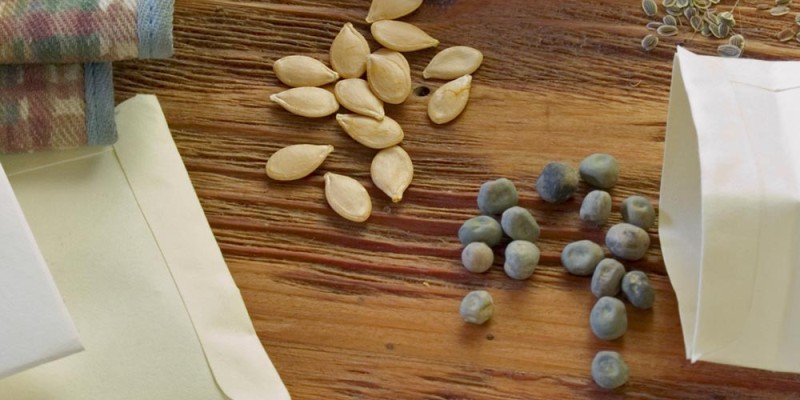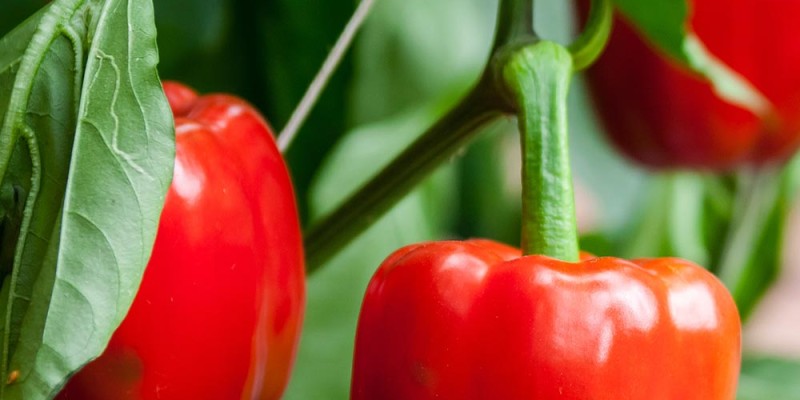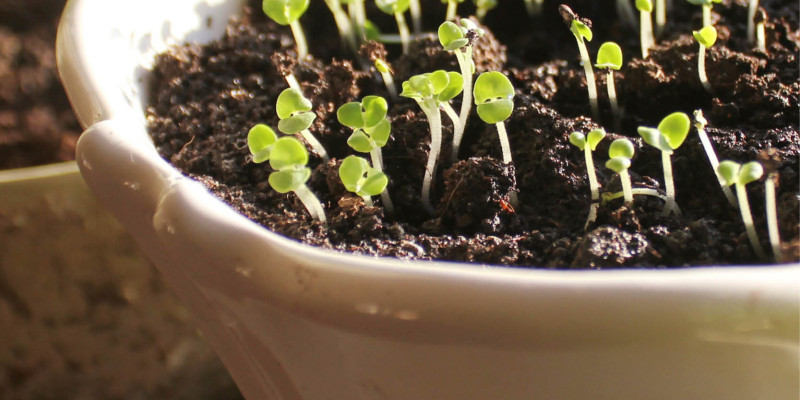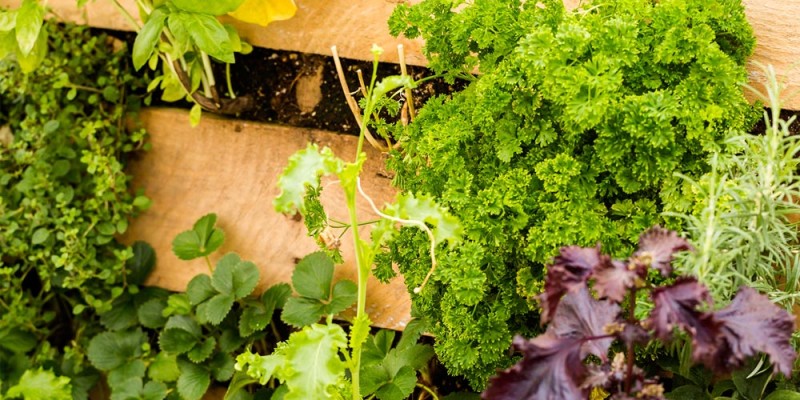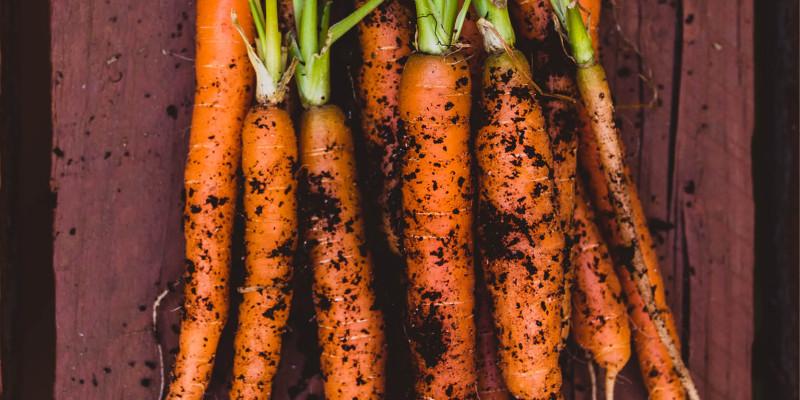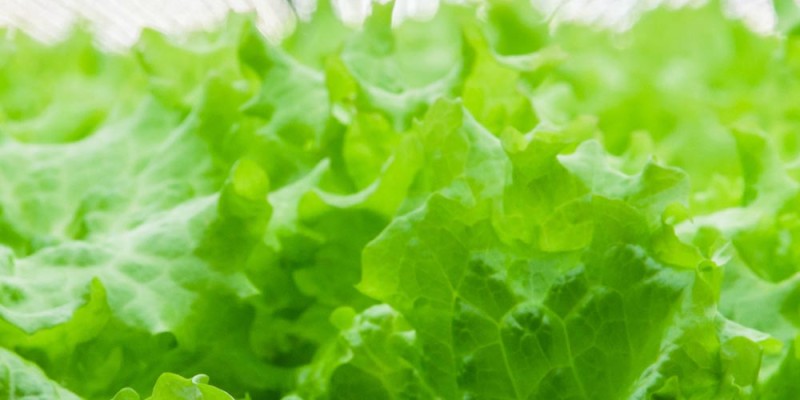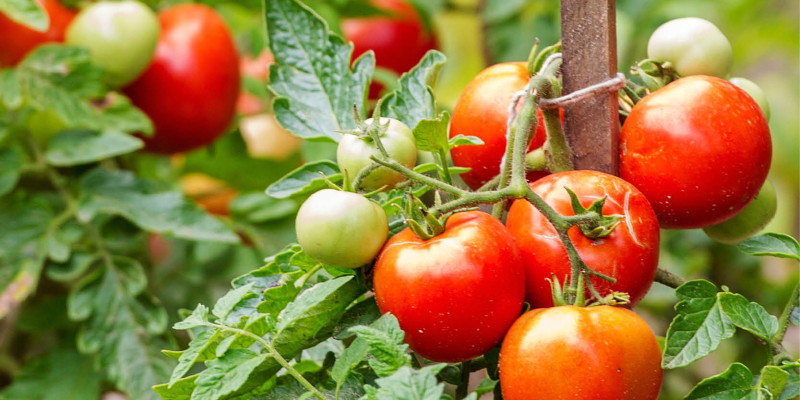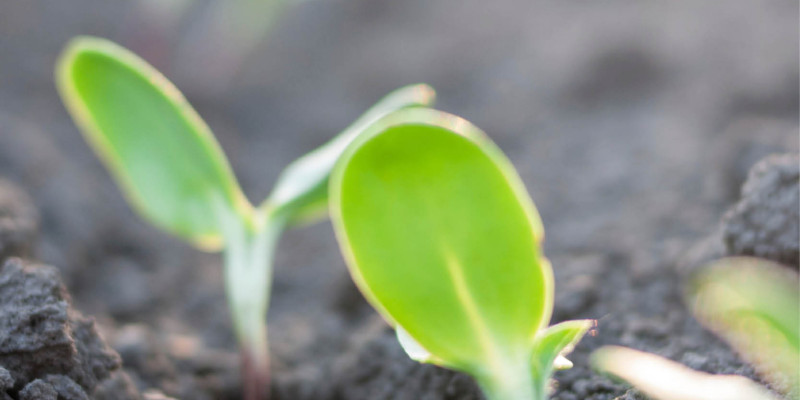Introduction
Last week we narrowed down the list of annuals (the plants you replant each year) and came up with a plan list that will allow us to grow and harvest to the maximum of our garden spaces.
The next step is to find the seeds that you will need to complete that plan.
My preferred online seed sources
You can and I have often gone to my preferred seed website and browsed and purchased seeds. I will often head over to westcoastseeds.com or rareseeds.com to find the seeds I am looking for. (This is not a paid endorsement)
What are Heirloom Seeds?
Typically when looking for seeds I look for heirloom varieties. Heirloom seeds are varieties that have been maintained by groups like gardeners. These varieties were commonly grown in earlier periods of human history and have since been replaced in our grocery stores with varieties that are better suited for large scale production and shipping.
They are however fantastic for home gardening. They may not ship as well however when you harvest them at the peak of ripeness and feed them to your family they are often in my opinion more flavourful and contain more nutrients than their store bought counterparts. [1]
What are Open Pollinated Seeds?
The second thing I look for when purchasing seeds is varieties that are open pollinated.
If your seeds are not open pollinated if you collect the seeds from the crop you have harvested there is a chance that the resulting plants and crops will not resemble the parent plant. This is because when the parent variety is pollinated by another variety the genes will cross resulting in a different and new crop.
This phenomenon happens more often with seeds that are marked as F1 and far less often with open pollinated seeds. Open pollinated seeds will change over time but the changes are much smaller and generation to generation you will notice far less. [2]
Buy Local Seeds
Often this time of year displays from your favorite seed companies are popping up at garden centers as well. A general rule of thumb that I follow when finding an online source or display to purchase my seeds from is look for companies that are in your geographic area.
The reason I try to purchase local is more than just supporting my neighbour but the seeds are often sourced in the same area as the company resulting in varieties that are much more likely to be acclimated to your area. Planting varieties that have been grown successfully and harvested in other geographic areas may not work as well in your garden.
How to save money while getting your seeds
There is nothing wrong with getting your seeds online but as I mentioned in this series I wanted to see if we could save some money. There are a few ways you can find the seeds you need that are either cheap or free.
Organized formal seed swaps
I asked the community on the Alberta Urban Garden Facebook page and a great suggestion that came up was seed swaps. I have noticed especially on Facebook a major increase in the number of seed swaps going on.
There are two main types of seed swaps that I have found. The first is formal events and the second is individual seed swaps.
Online formal seed swaps like Seedy Sunday in Sherwood Park are often hosted by garden centers like Salisbury Greenhouse and feature seeds for purchase, swapping or even free seeds. Often these events will have speakers that talk about a number of different ways to successfully start your own seeds and garden.
An added benefit I find of these types of events is you get to meet and talk to a wide variety of expert gardeners and fellow enthusiasts. Often I will find these events inspire me and sometimes take up the last 10% of the garden plan. [3]
If you are in the Edmonton area you might even bump into me at events like this. I do plan on attending the Seedy Sunday at Salsbury Greenhouse that is happening between 11-4pm on Sunday March 13th. There will be an invite to the event over on my Facebook page. I hope to see you there.
Seed exchanges between gardeners
The other type of seed swap I have very much enjoyed is the ones that are organized online through forums or Facebook pages. Often negotiated between individuals and using the mail this is a great way to acquire rare varieties.
I have had a lot of fun participating in these in the past however due to the nature of the mail system if you are shipping internationally there are rules that sometimes means you lose your seeds at customs. The benefit of something like this is it only usually costs you a stamp or two for those rare varieties you may not have been able to find.
What are Seed banks or Libraries
Seed banks and library have begun to pop up across the world. Both governments sponsored and private ones aim to maintain the genetic diversity of plants. Often if you have a seed bank or library you can withdrawal seeds for free or a small administrative fee and return them by collecting seeds from the crop after your growing season is done.
While I have yet to get involved with a seed bank or library I think it is a fantastic idea to make a wide variety of genetically diverse seeds available to everyone. Preserving the integrity of the genetic diversity of our food supply will help us weather strains on our food production system such as disease, drought and other factors.
Exchanging with local gardeners
Probably one of my favorite ways to find seeds I am looking for is to exchange seeds with my friends whom are gardeners. Just a few days ago I sat down with a good friend of mine from work and we went through each other’s seed stashes over lunch. While doing that we each found a few varieties of seeds the other had that was not in our collections.
Not a bad way to spend a lunch hour!
In fact when you guys send me seed I try them out in my garden and Ill often use the extras for one on one exchange. My favorite thing to do with all of my extra seeds is to use them to help new local gardeners get started. It sure helps a new gardener in their first season to start with enough seeds to get them going free of charge. I wanted to take the time to thank those of you whom have been kind enough to send me seeds in the past.
Save your own seeds
The final and cheapest way to get seeds for future years is to save your own. You can quite easily save a lot of seeds especially if you are growing open pollinated heirlooms. Although usually hard to do if you have never gardened in the past these saved seeds will help you in the future acclimate varieties to your garden and provide you with seeds to trade with other gardeners for new varieties. [2]
Summary
Now that you have your stash and your plant list it is soon coming time to start some of those seeds indoors to get a head start on the season or even to grow and harvest indoors. On the next installment of the Urban Gardening Series I am going to go through how I grow leafy greens and herbs indoors so I can harvest them all year long.
Related Videos:
[1] Why do Garden Fresh Fruits and Vegetables Taste Better than Store Bought:
[2] Improve Food Security using Selective Breeding to Acclimate Crops
[3] 8 Easy Tips for Picking Crops that will Increase your Yields in an Urban Garden
[4] Urban Gardening Playlist: Grow More Food at Home
[5] Fertilize your Garden for Free using Banana Peels
